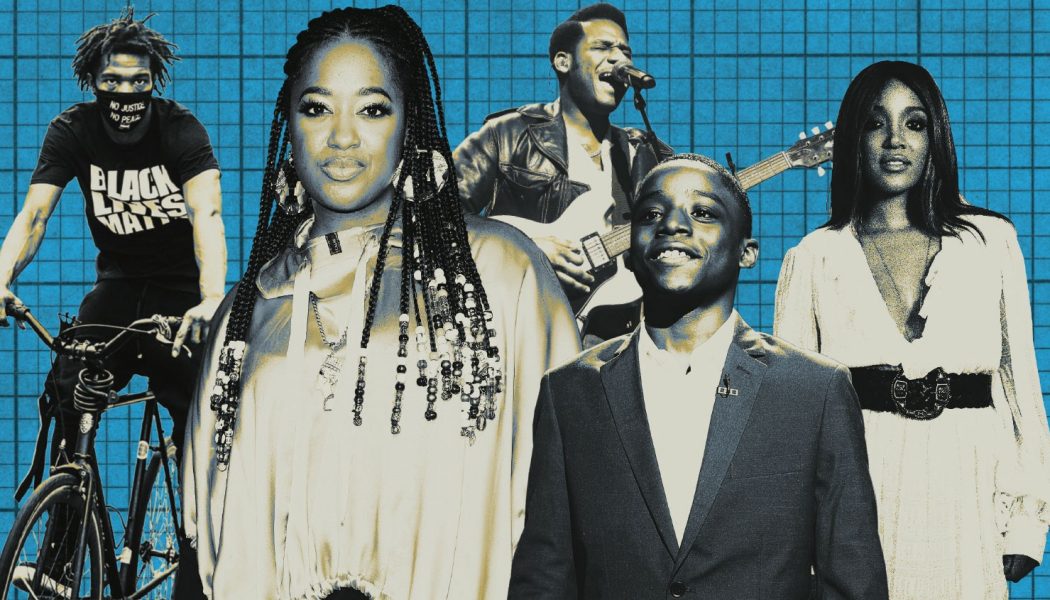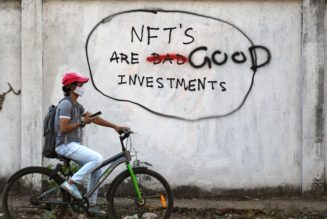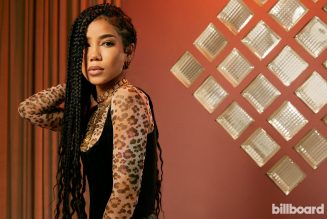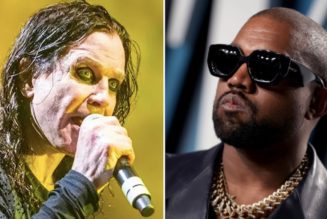
The May 25 murder of George Floyd by Minneapolis police resulted in the eruption of worldwide protests against racial injustice, as well as an influx of new protest anthems across demographics in the weeks that followed. As superstars like Billie Eilish, The Weeknd, Taylor Swift and Harry Styles vocalized support for the Black Lives Matter movement, artists ranging from country singer-songwriter Mickey Guyton to trap veteran Juicy J to soul-R&B star Leon Bridges rapidly released new songs commenting on systemic discrimination. Protest music soared on the charts, too: “Rockstar,” the DaBaby and Roddy Ricch smash that crowned Billboard’s 2020 Songs of the Summer chart, received an official “BLM remix” in the weeks after Floyd’s death, while “The Bigger Picture,” Lil Baby’s poignant demand for change, became the biggest hit of his career, reaching No. 3 on the Billboard Hot 100.
Part of the reason why protest songs resonated so strongly in 2020, argues Warner Records executive vp urban music and marketing Chris Atlas, is because the movement against police brutality coincided with the ongoing coronavirus pandemic. “There were no distractions — everyone was home,” says Atlas, who helped sign 13-year-old Keedron Bryant to Warner in June after his moving protest song “I Just Wanna Live” went viral. “It made everyone take a hard look across the country at what was happening and speak out in the form of music and in the form of protest.”
As more artists spoke out and recorded protest anthems, the music business responded in kind, with June 2 becoming an industrywide call to action known as #TheShowMustBePaused (Blackout Tuesday) and Spotify featuring all Black artists on its June 19 New Music Friday playlist to commemorate the Juneteenth holiday. According to Spotify head of R&B programming Mjeema Pickett, the streaming platform’s Black Lives Matter playlist had around 50,000 followers at the start of June; after Juneteenth, it had nearly 10 times that number, and now carries close to 800,000 followers.
Yet Pickett also points out that, although the events of 2020 have created more awareness around Black issues and voices, they existed long before this year — after all, Spotify’s Black Lives Matter playlist launched in 2015 following the death of Sandra Bland. “We’re thinking about this playlist as more reflective of the Black experience,” she says. “There’s protest music in there, but there’s also songs about love and pride. There’s Lil Baby’s ‘The Bigger Picture,’ but also Billie Holiday and Gil Scott-Heron and Kendrick Lamar.”
The summer apex of the Black Lives Matter protests led into an autumn of activism surrounding the presidential election; now, with the Biden-Harris administration set to take office in January 2021, Atlas believes the real change must begin. “We’re still in transition, and there’s a lot of other things that are continuing to plague the country and the industry,” he says. “There has to be some action in terms of what we’re all expecting out of the new president and vice president, and what we as an industry need to continue to do in terms of commitments to diversity and inclusion that have been called upon in 2020. I feel like I’m obligated to do more.”
More songs addressing racial injustice will be released in 2021 — Atlas says that Bryant is “committed to continuing the message” of “I Just Wanna Live” on his upcoming debut album — but a more lasting effect of this year’s protest music may be a subtle shift in how Black artists are portrayed in the mainstream. Rapsody points out that Lil Baby wasn’t known for releasing socially conscious music prior to “The Bigger Picture” and that every Black musician should be afforded such artistic complexity.










